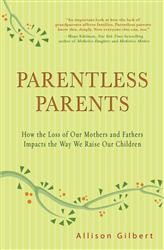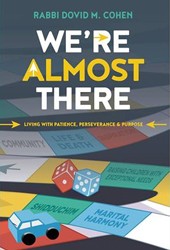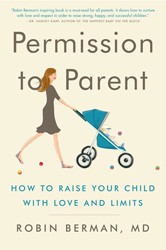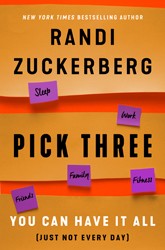What does it mean to be an effective parent? Barry Kislowicz’s richly-textured and highly accessible book answers this critical question with the spirit of an experienced parent and teacher. This could be considered an owner’s manual, valuable for both new and experienced parents, drawing from a winning combination of scholars in moral, educational, psychological, and faith development theory. The author integrates academic theorists in these areas from Lawrence Kohlberg to John Dewey, Alfie Kohn, Erik Erikson, Viktor Frankl and James Fowler. Not stopping with the theoretical, he refers to Jewish sources and thinkers such as Maimonides as well. Kislowicz also creates memorable and instructive lessons about parenting styles in the lives of two fictional and highly recognizable Jewish families whom he calls the Steins and the Abrams.
The Steins and the Abrams share their values in different ways, the Steins often taking a more forceful and public approach to discipline and religious observance, the Abrams taking a more flexible approach while still maintaining their moral and religious integrity. Mr. and Mrs. Stein, for example, spend time instructing their children, whether in basketball, in matters of Jewish observance, and even in planning a bat mitzvah celebration, insisting that their children adopt their values. Mr. and Mrs. Abrams, by contrast, negotiate with their children, putting their children at the center without spoiling them, reminding them that in both easy and difficult times, the family bond should stay unbroken. Whenever they are in doubt, their mother assures them, some ice cream and family time is bound to help!
On a more serious note, the two families wrestle with compelling their children to attend synagogue on Shabbat mornings, figuring out which issues and values to share out loud, which ones to keep to themselves, and how to mete out appropriate discipline. While we ask our children to attend synagogue with us, speaking to the importance of supporting the community, will they see and come to mimic our occasional boredom and impatience, eventually resenting the synagogue experience? Is it developmentally appropriate to ask a child to attend synagogue for the two or three hours that our services last and are there ways to avoid fighting a losing battle? As Kislowicz puts it, there are times when we feel as if talking to an adolescent is like handling a butterfly: if we hold the child too closely, they may collapse and feel crushed by our influence, or if we upset the child or push them aside with too much force, they may flee resentfully seeking freedom.
Kislowicz encourages readers to find ways to stay connected with our children, to tell foundational and instructive stories that demonstrate the values that guide us, that brought our families to where they are today, and that help us to be role models as we negotiate our own challenges as adults who balance work, family responsibilities, and our own interests. He encourages us to practice our values by repeating them day after day over family meals and other informal time together.
This book is uniquely valuable for observant Jewish families who are relatively new to parenting and for Jewish day school and synagogue school educators and to clergy who look to Jewish tradition and to psychology and philosophy for guidance.
Related Reads:





